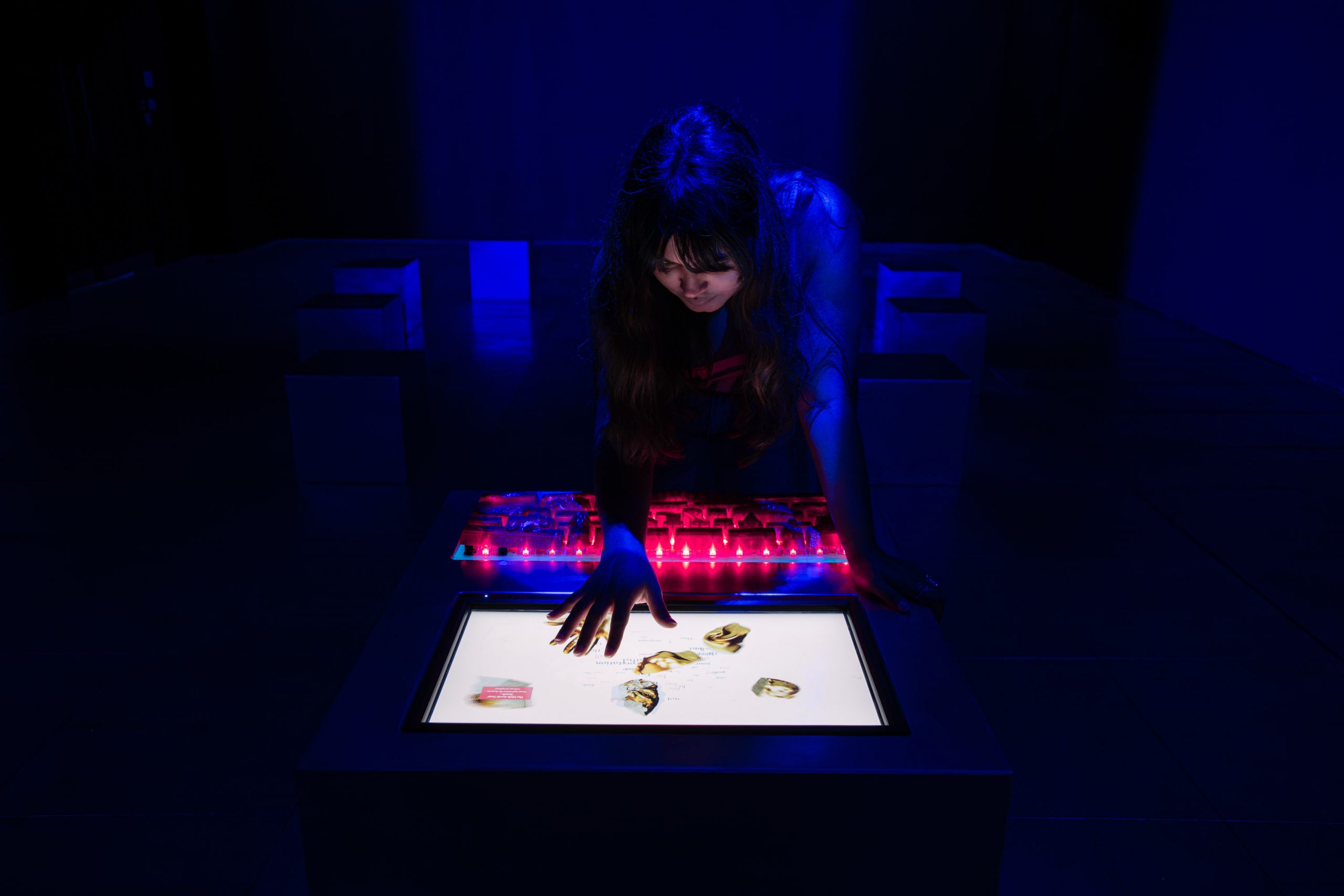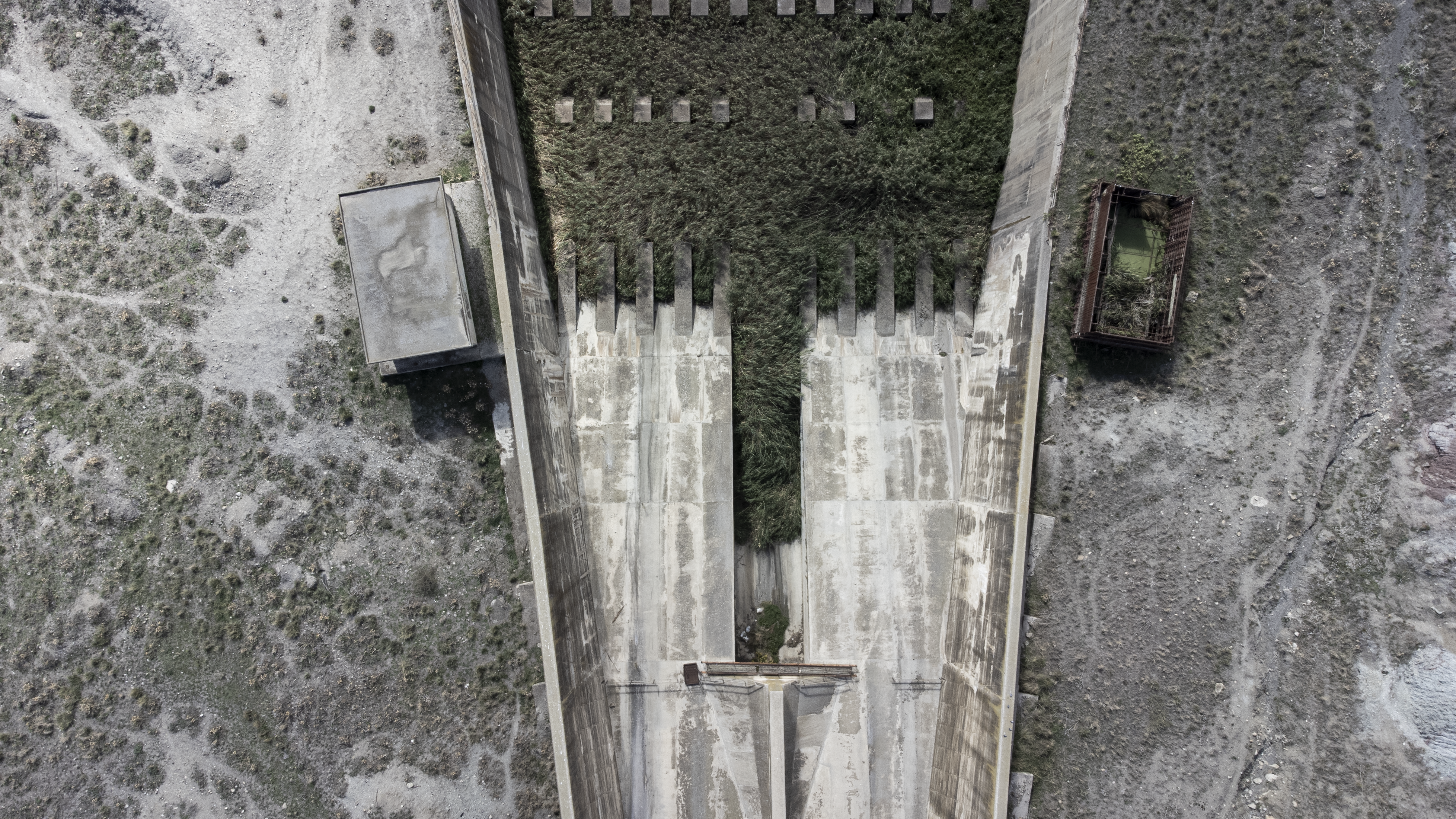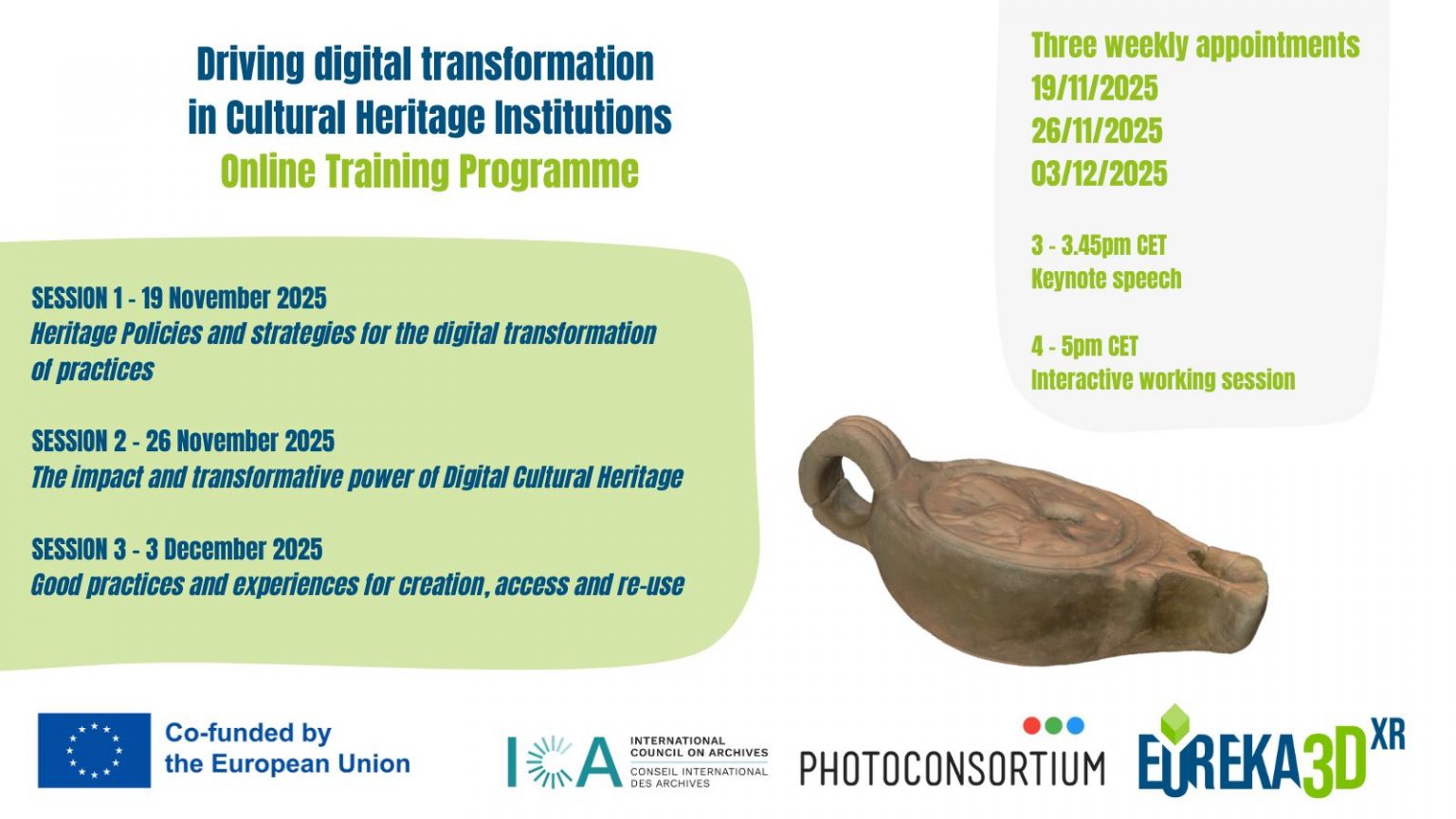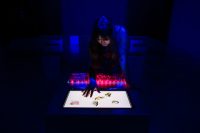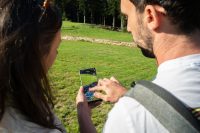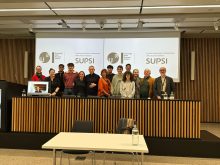 During the last month, 5 new projects joined the UNCHARTED community, contributing to enrich the exchange of knowledge and expertise in the debate concerning the identification of cultural values and the impact of cultural policies in Europe.
During the last month, 5 new projects joined the UNCHARTED community, contributing to enrich the exchange of knowledge and expertise in the debate concerning the identification of cultural values and the impact of cultural policies in Europe.
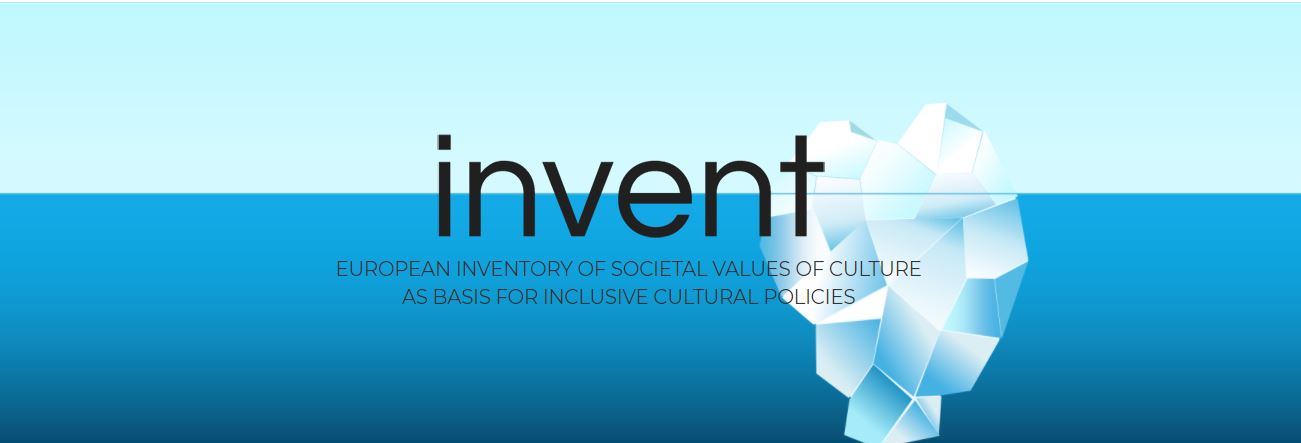 INVENT is a research project funded under the H2020 Programme of the EU. It was selected under the same call of UNCHARTED, H2020-SC6-TRANSFORMATIONS-2019 and, on the basis of the similarity of interests and goals, the two projects started a fruitful collaboration that was recently formalized. The INVENT consortium aims to contribute to a “social turn” in cultural policies, that takes into account how the way of life and cultural participation of European citizens has been influenced by the mega-trends of globalization, European integration and the migrations that accompany them, the digital revolution, and rising social inequalities. The bottom-up approach of the project will provide insight into multiple, often mutually contradictory, concepts of culture and understandings of societal values of culture among various social (demographic, socio-economic, ethnic, religious…) groups in European societies.
INVENT is a research project funded under the H2020 Programme of the EU. It was selected under the same call of UNCHARTED, H2020-SC6-TRANSFORMATIONS-2019 and, on the basis of the similarity of interests and goals, the two projects started a fruitful collaboration that was recently formalized. The INVENT consortium aims to contribute to a “social turn” in cultural policies, that takes into account how the way of life and cultural participation of European citizens has been influenced by the mega-trends of globalization, European integration and the migrations that accompany them, the digital revolution, and rising social inequalities. The bottom-up approach of the project will provide insight into multiple, often mutually contradictory, concepts of culture and understandings of societal values of culture among various social (demographic, socio-economic, ethnic, religious…) groups in European societies.
 Citizen Heritage (2020-2023) is a Strategic Partnership project funded by the European Commission in the frame of the Erasmus+ Programme aiming to provide Higher Education Institutions with novel approaches to include citizen science activities into Higher Education Institutions curricula, teaching and learning activities. Students and teachers can find a selection of good practices on how to benefit from knowledge circulation in and outside academia and how to adopt a more vibrant role in civil society.
Citizen Heritage (2020-2023) is a Strategic Partnership project funded by the European Commission in the frame of the Erasmus+ Programme aiming to provide Higher Education Institutions with novel approaches to include citizen science activities into Higher Education Institutions curricula, teaching and learning activities. Students and teachers can find a selection of good practices on how to benefit from knowledge circulation in and outside academia and how to adopt a more vibrant role in civil society.
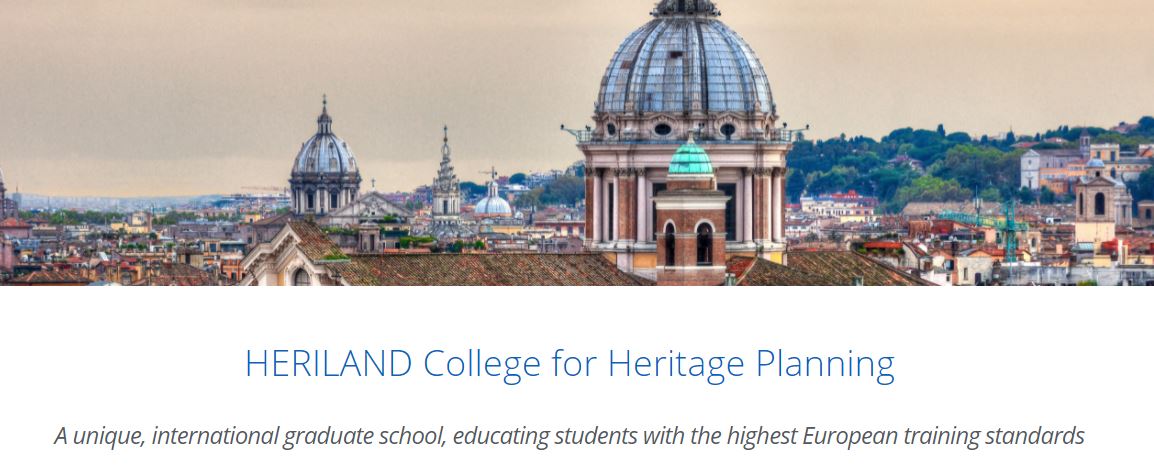
HERILAND – Cultural Heritage and the Planning of European Landscapes – is a pan-European research and training network on cultural heritage in relation to Spatial Planning and Design. It is funded by the European Union’s Horizon 2020 research and innovation programme under the Marie Sklodowska-Curie grant agreement No 813883. Its major aim is to create a new generation of cultural heritage mediators. The mission of HERILAND College for Heritage Planning is to create socially, economically and environmentally sustainable landscapes, fostering social inclusiveness.
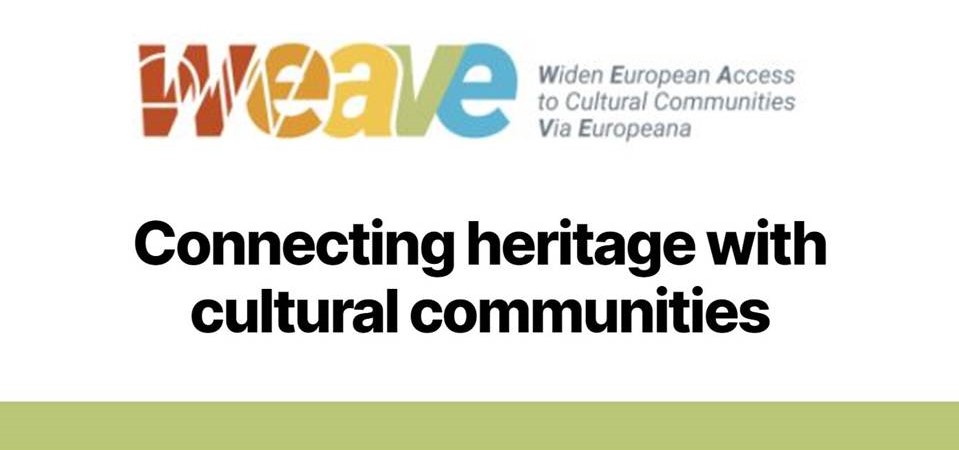
WEAVE –Widen European Access to cultural communities Via Europeana – is a new CEF project (2021-2022), focused on tangible and intangible heritage of cultural communities, to enrich Europeana with great content and develop new tools. WEAVE will contribute to preserving for future generations the richness of the European identity and its cultural plurality. In particular, the project aggregates over 5,000 new high-quality records to Europeana related to the rich and invaluable cultural heritage of minority cultural communities, and showcase these collections in a set of engaging editorials and a virtual exhibition.
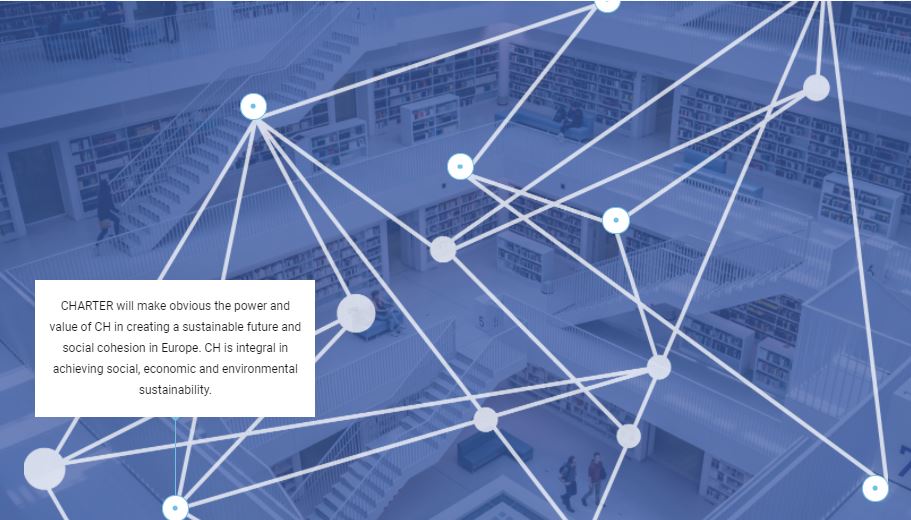
CHARTER – European Cultural Heritage Skills Alliance– is a four years Erasmus+ funded project which brings together the expertise of some of the leading organisations in cultural heritage to ensure a long-lasting and durable sector. The Alliance will map the needs of the CH sector to identify skills shortages and mismatches in order to develop fitting training programmes for already active CH professionals. CHARTER unites 47 European cultural heritage actors covering 5 fields of analysis: safeguarding and preservation; crafts and traditional knowledge; dissemination and communication; knowledge and planning and management.
In the framework of its communication and dissemination activity the UNCHARTED project fosters new collaborations and welcomes projects and cultural institutions willing to share studies and experiences with the common goal of discovering the societal values of culture in a dynamic and pluralistic perspective.



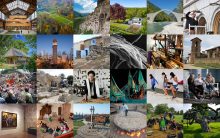
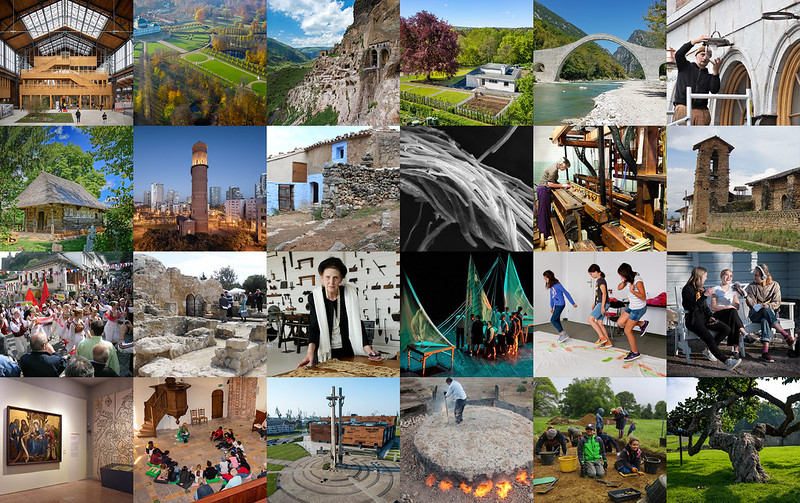
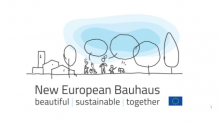
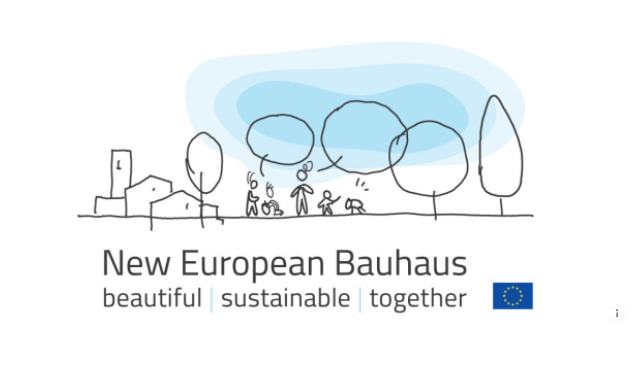 The European Commission has initiated a New European Bauhaus movement to shape future ways of living that answer the challenges we face today. Think green, sustainable and affordable, alongside accessible, inclusive and beautiful. Find out what it’s all about, what Europeana’s involvement is and how you can join the conversation today.
The European Commission has initiated a New European Bauhaus movement to shape future ways of living that answer the challenges we face today. Think green, sustainable and affordable, alongside accessible, inclusive and beautiful. Find out what it’s all about, what Europeana’s involvement is and how you can join the conversation today. To support cultural heritage sector’s involvement, Europeana will promote awareness and discussion of New European Bauhaus activities and opportunities throughout the year. We’ll focus on highlighting how the cultural heritage sector can contribute, and collaborate with other sectors including, for example, education, smart cities and the creative industries, to rethink and reshape how we live, and how we can use digital heritage to support that.
To support cultural heritage sector’s involvement, Europeana will promote awareness and discussion of New European Bauhaus activities and opportunities throughout the year. We’ll focus on highlighting how the cultural heritage sector can contribute, and collaborate with other sectors including, for example, education, smart cities and the creative industries, to rethink and reshape how we live, and how we can use digital heritage to support that.
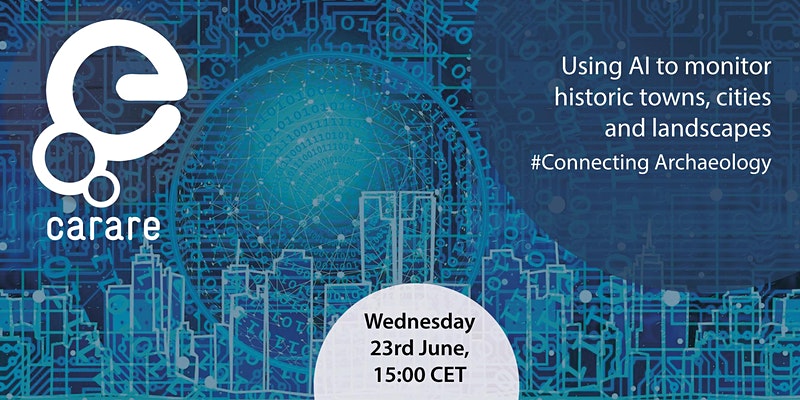 This webinar explores some of the ways that artificial intelligence is being used with aerial and satellite imagery to monitor landscapes.
This webinar explores some of the ways that artificial intelligence is being used with aerial and satellite imagery to monitor landscapes.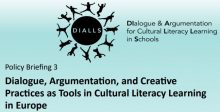
 The DIALLS research project (Dialogue & Argumentation for Cultural Literacy Learning in Schools), funded by the European Commission’s H2020 Programme (grant no 770045) has published its third and final policy brief entitled Dialogue, Argumentation, and Creative Practices as Tools in Cultural Literacy Learning in Europe.
The DIALLS research project (Dialogue & Argumentation for Cultural Literacy Learning in Schools), funded by the European Commission’s H2020 Programme (grant no 770045) has published its third and final policy brief entitled Dialogue, Argumentation, and Creative Practices as Tools in Cultural Literacy Learning in Europe.
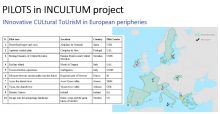
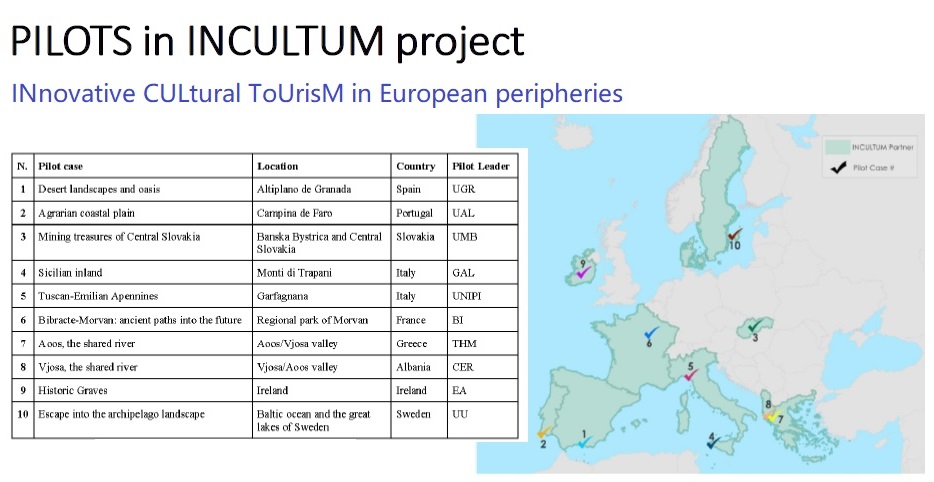
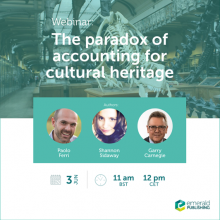
 This on line seminar will the occasion to present and discuss the findings of the latest research conducted by Paolo Ferri (Department of Management, Università degli Studi di Bologna, Bologna, Italy), Shannon I.L. Sidaway(Department of Accounting, RMIT University, Melbourne, Australia) and Garry D. Carnegie (Department of Accounting, RMIT University, Melbourne, Australia).
This on line seminar will the occasion to present and discuss the findings of the latest research conducted by Paolo Ferri (Department of Management, Università degli Studi di Bologna, Bologna, Italy), Shannon I.L. Sidaway(Department of Accounting, RMIT University, Melbourne, Australia) and Garry D. Carnegie (Department of Accounting, RMIT University, Melbourne, Australia).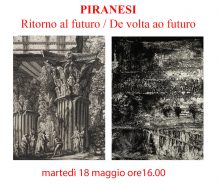
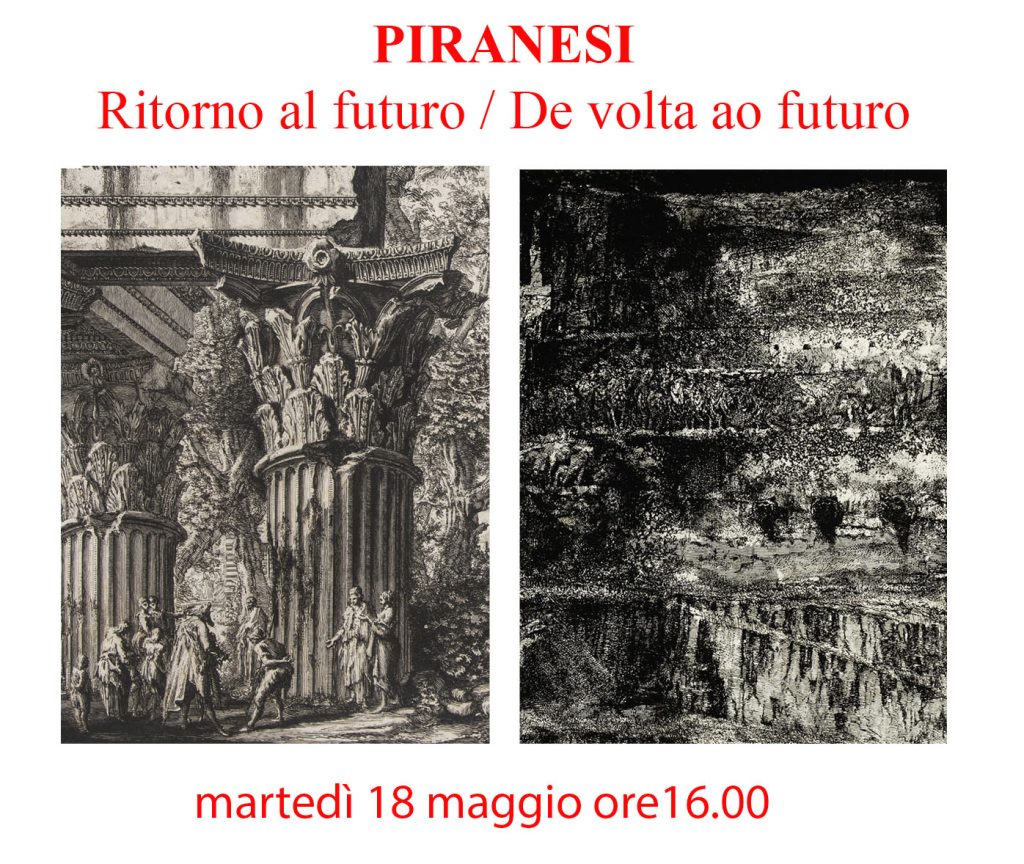
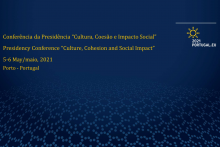
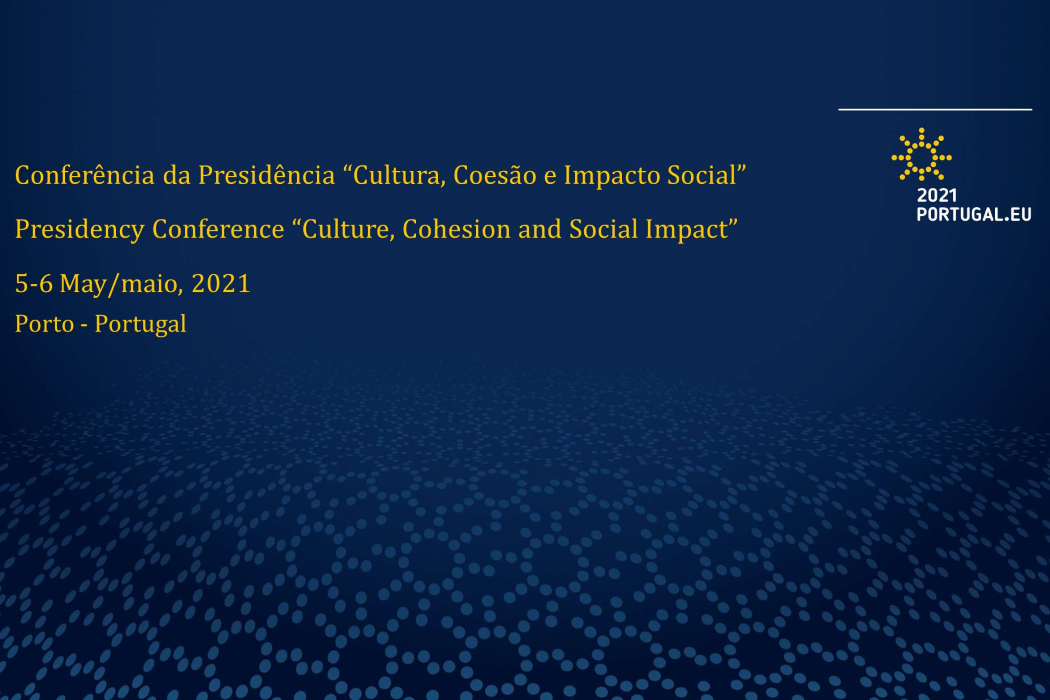 On May 5-6, 2021, in the framework of the Portuguese Presidency of the European Union Council, was held a high level Conference on the topic of Culture, education and youth, Employment and social rights. The two-day event was structured in a plenary session facing “The Social Impact of Culture” and in four principal panels:
On May 5-6, 2021, in the framework of the Portuguese Presidency of the European Union Council, was held a high level Conference on the topic of Culture, education and youth, Employment and social rights. The two-day event was structured in a plenary session facing “The Social Impact of Culture” and in four principal panels: